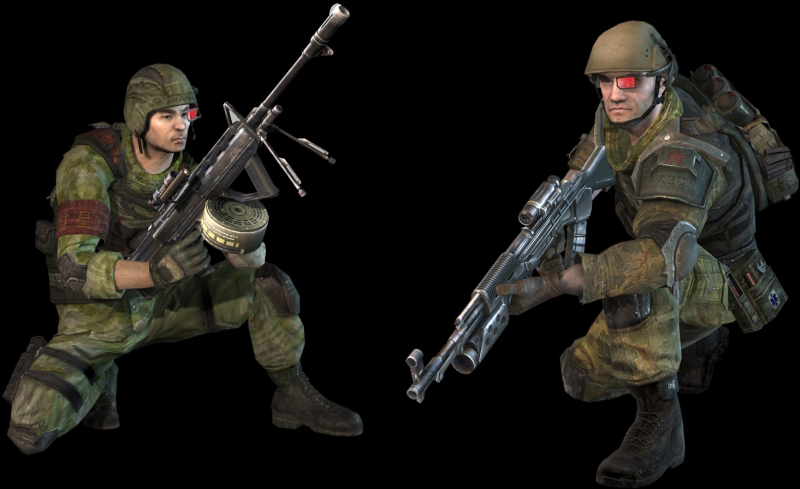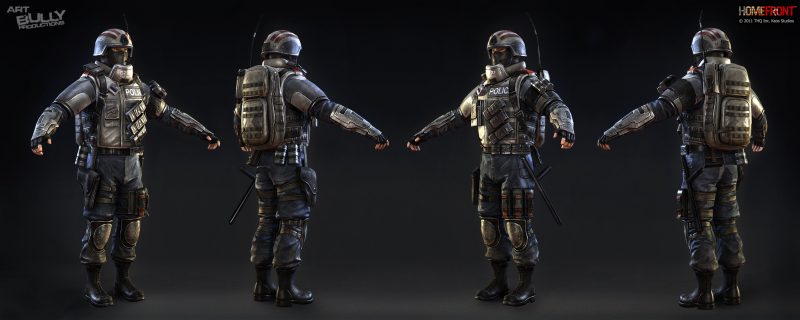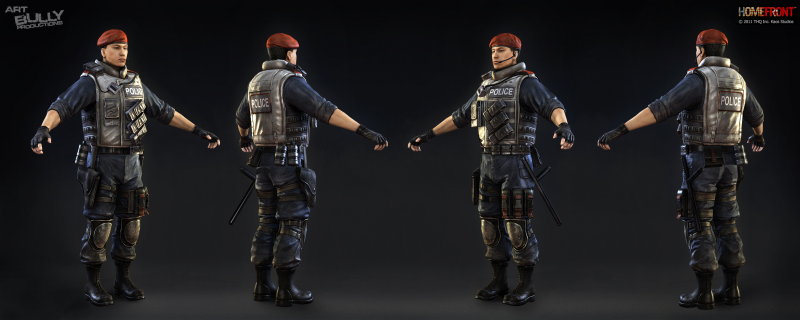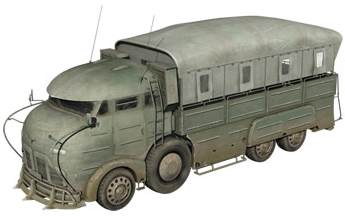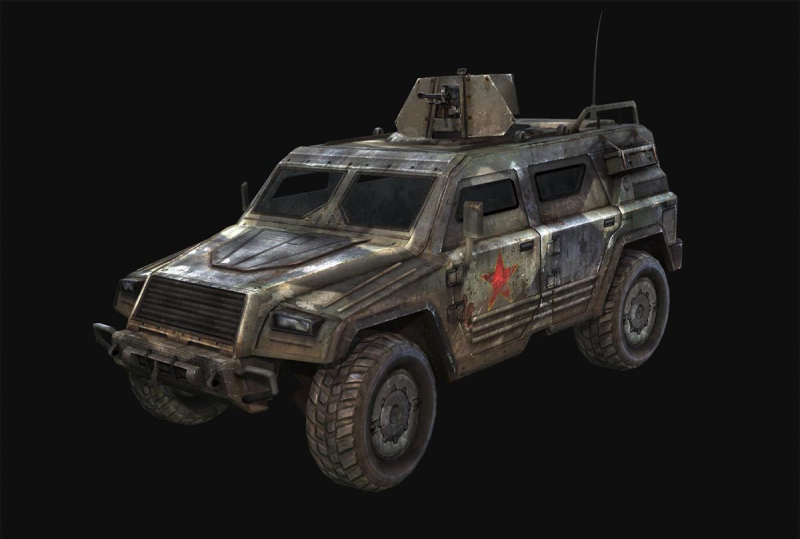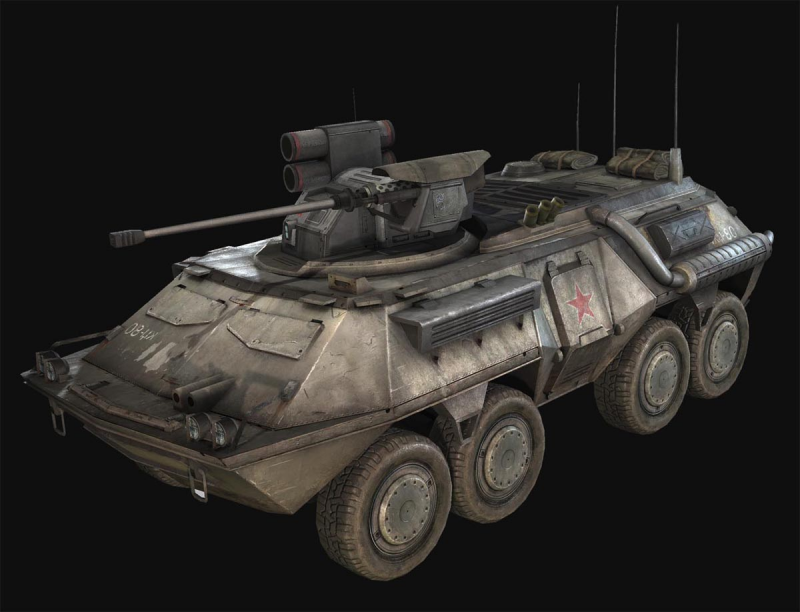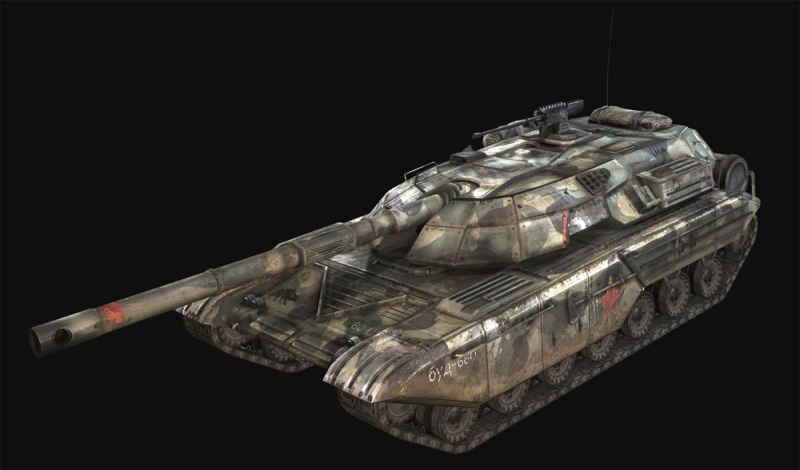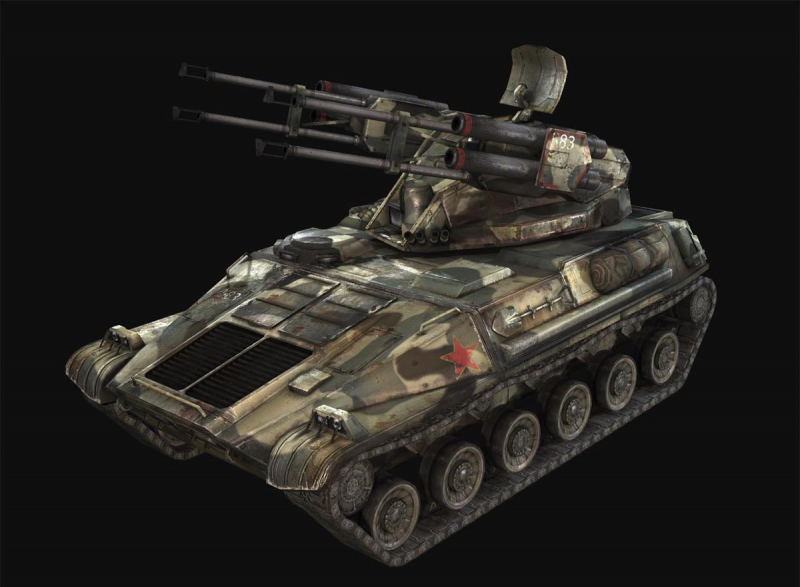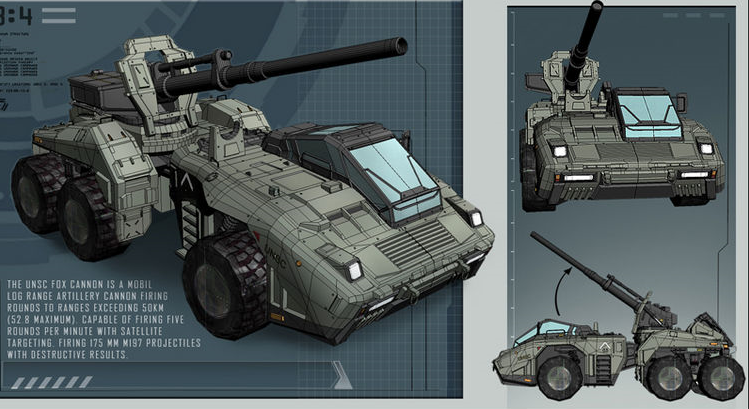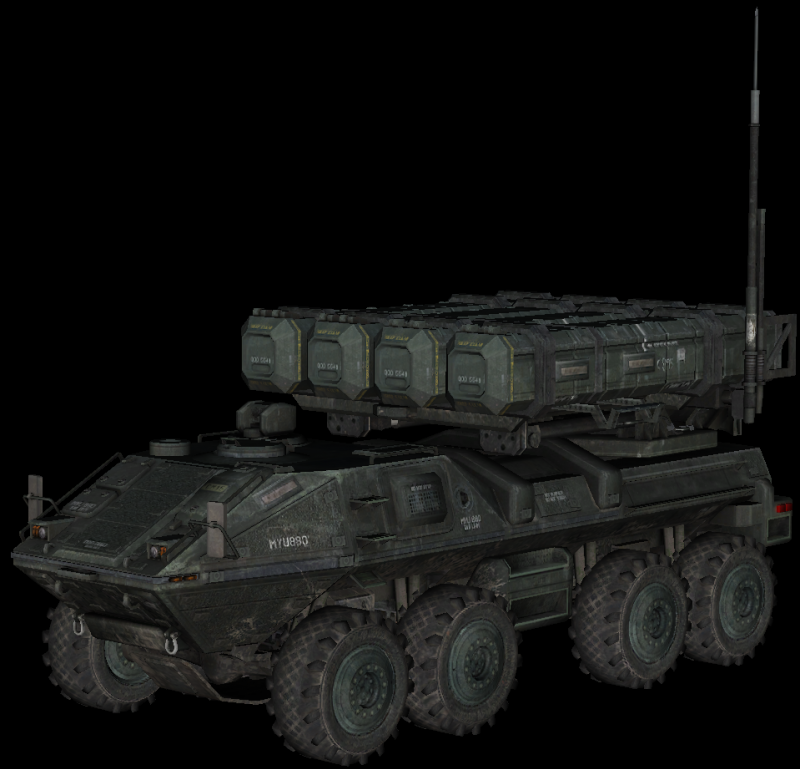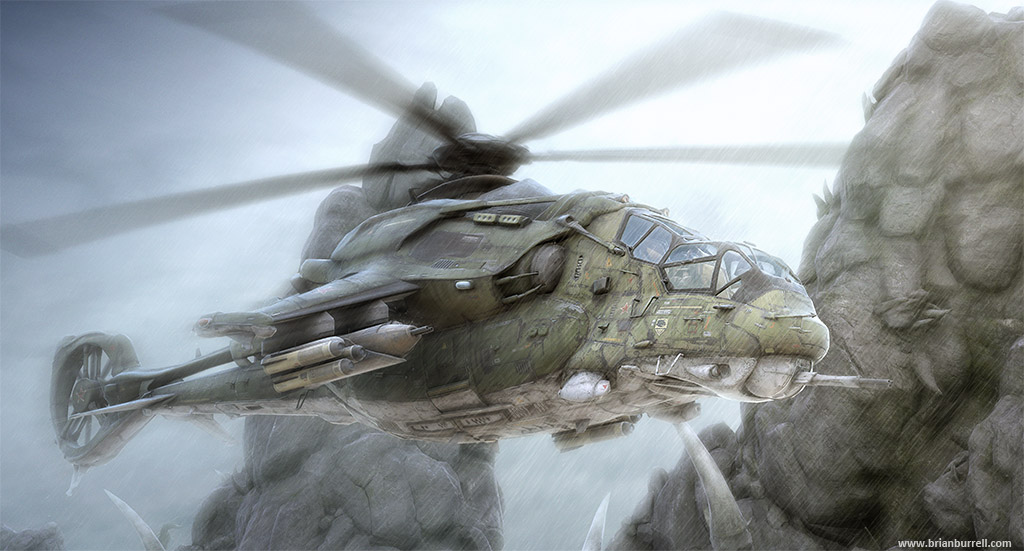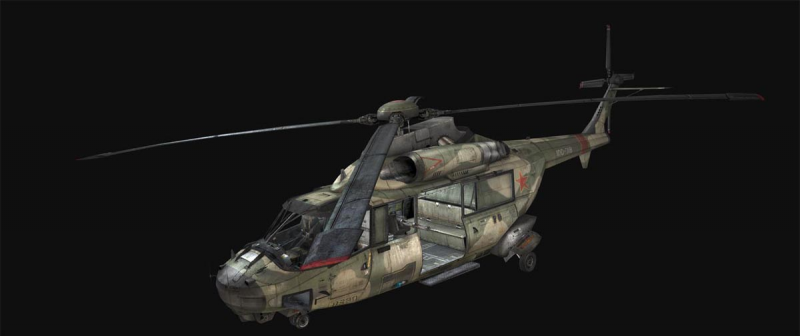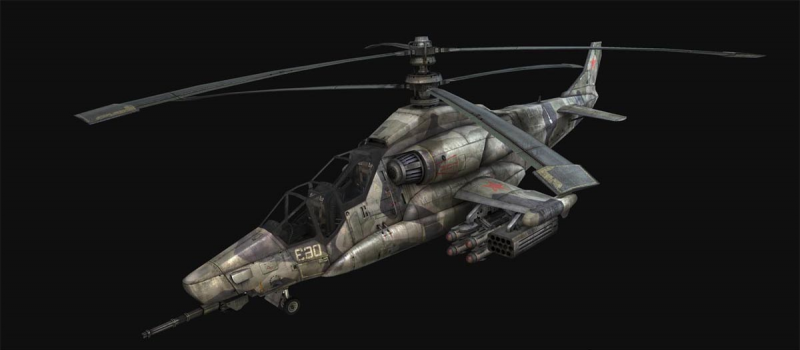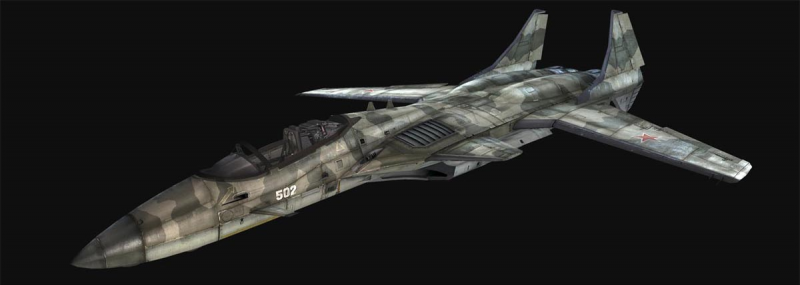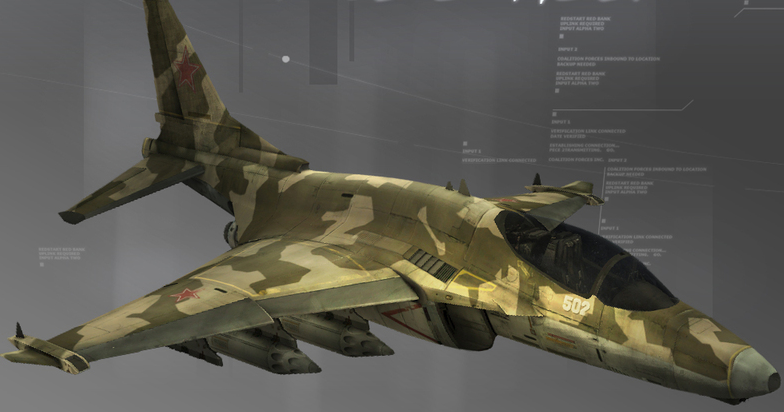NOTICE:
Collapse Rise is an invitation only RP. If you are interested in joining, please contact me through private messaging.
History is but an agreed upon fable.
-Napolean Bonaparte
Earth. The only one of the four planets in the Solar system capable of supporting life, and as far as we know, perhaps in the entire universe. Approximately 9800 kilometers in diameter, with four continents and two subcontinents as well as one very large island. Approximately 68% of its surface is covered in water, it has an axial tilt of around 28 degrees, an orbital period of 368 days and a rotational period of 25 hours. During the Summer in the Northern Hemisphere, the day never ends at the pole, and the reverse is true for the Southern Hemisphere and its pole.
The Earth is 6.3 billion years old, give or take a few hundred million. The first polypeptides formed in its oceans nearly 4.6 billion years ago, followed (relatively) shortly by the first single celled organisms, plants, and finally more complex forms of life. The dominant species upon Earth are called Humans, which are sentient and sapient mammals that can nominally live to be anywhere from 40 to 100 years old. Carbon dating shows anatomically modern humans to be a mere 16,000 years old. The first civilization is thought to have formed just at the turn of the first millennium, although precisely where is a matter of debate.
There have been 11 great extinction events since life first began on Earth. One of them happened 1200 years ago, when a super-volcano erupted, eliminating only an estimated 12% of all life on Earth (the lowest magnitude of any of the extinction events) in the process and caused the average global temperature to drop by nearly 10 degrees for the next 27 years.
The eruption eradicated human civilization, but failed to wipe out humanity. The survivors harnessed the power of the heart of the world, which had been lain bare upon its surface - the chemical crucible aftermath of the event hundreds of years afterwards gave Humanity the foundation for accelerated scientific discover and innovation.
The year is now 1218 P.E. (post eruption), and there are nearly 2 billion Humans on Earth. They have advanced further than ever, though the destruction wrought by the Earth has eliminated all trace of their past - and they do not know themselves. They are not yet ready, for what they have wrought.
[center]

[/center]
888888888888
The premise, as alluded to above, has a humanity on an earthlike planet, having rode the spillover of the most recent catastrophe in order to speed up their technological progression while historical evidence past the age of 1200 - in the form of documentation, ruins, trace remnants - has been more or less obliterated. Our story will be about the nations of this world in interesting* times. Rather than establishing a solid history from the start, I was hoping everyone would be able to work together to determine how their various nations have influenced each other in the 1200 year growth period - hence why there are no history segments in the nation sheet. That may sound daunting, but there's no reason to rush. If you're interested and once you are done with the outline of your nation sheet, focus on your location and identify whether or not you have any neighbors, or at least other nations located on the same continent. Start working there and go forward.
Without further ado: The rules, and some sheets. If enough of you express interest, I'll post an OOC along with my own nation sheet and we can all get started. So by all means, if you are interested, please reply to this message below and let us all know.
[hider=The Rules]It costs you nothing to be polite. Keep your commentary constructive.
If you must fight with somebody (arguments are fine as long as they are not heated/hateful), please do it through private messages - do not clutter the OOC thread or the Chatroom with your differences.
This RP should be considered Advanced or even High Advanced. Write accordingly.
In real life, nations often don't have a choice on whether they want to interact with each other. If, for any reason, you wish for your nation to avoid interaction with another poster's nation - come up with a good excuse IC and implement such in writing.
As GM, it is not my job to enforce any of these rules. It is my job to talk with everyone, make sure progress is being made, that productivity remains high, and that everyone is working together reasonably well. If you haven't posted in a while, I'll check with you to see how you are doing. If the plot seems to be lagging or idling in places, I'll give it a bit of a kick. If I see some dangling threads between two nations that I think can be woven together, I'll talk with each relevant posters about the chance for collaboration. It's my job to keep things moving.
If you decide to have a rage tantrum and upset everybody, or write impossible/clearly affected things IC, I will only warn you once. After that, I'll just have the moderators wipe your posts. [/hider]
[hider=Technology]Technology is largely equivalent to what it would be in modern times, with a few notable advances. These are not necessarily the rule of thumb - just what happens to be possible (and already existing in some capacity). It is not expected that all nations will have technology capable of anything mentioned below.
Fusion plants are an impressive source of power, but are few in number.
Spaceflight and launching of orbital objects is no longer widely achieved through conventional rocket launching. Most space shuttles and satellites escape the Earth via air-assisted launching or are designed as spaceplanes, and so the resources necessary for spaceflight have decreased dramatically.
Laser technology has become powerful and advanced enough that SAL installations and LE missiles are considered the premier form of anti-missile defense, having been shown in tests to be capable of intercepting and destroying nuclear armaments either while in flight (assuming the launch was initially detected) or before they enter destructive range of their designated target.
Primitive shielding has been developed which is capable of deflecting bullets and other fast moving objects using a dynamo to generate a spinning field similar to the Earth's magnetosphere. Its power consumption is too high to be considered practical for anything but use in the private sector.
Improvements in the assembly of fusion devices has increased the destructive power of existing fusion weapons tenfold. Yay.
3D Printing has advanced to the point where it is now practical to use in applications of heavy industry.
While A.I. are still a long way off, extremely advanced heuristic programs termed 'remotes' have been developed which are used for data processing, security, and hacking. Systems with remotes are considered by most professionals to be impenetrable to any human hacker without physical access to the device (although not necessarily to humans assisted by another remote). There is a Remote prototype, named Deep Pink, which has become infamous for passing the Turing test, only to subsequently fail it.
Human cloning is possible, though currently there is no infrastructure, commercial or otherwise, for its use (yet, at any rate). No comment on how its perceived by the people of various nations.
A longevity treatment was developed in 1212, which is projected to extend the average lifespan by at least fifty years.
Prenatal genetic treatment can now screen for nearly all forms of hereditary disease. [/hider]
Bear in mind that the examples in the list above are not exhaustive; use them as a rule of thumb for establishing the approximate limit on how advanced the technology you are using should be.
[hider=Nation Sheet]-Governance-
Nation Name:
Capital: The capital city or region of your nation.
Location: Where on which of the six land masses is your nation located? Describe its approximately shape, geography, and climate.
Government: What type of government your nation utilizes.
Head of Government: The title and current occupant of your nation's Head of State.
Principles: How or from what does your government legitimize or derive their authority? Perhaps they have a constitution, or a religious artifact? Maybe they just have a lot of guns?
Operation: How is the government run?
Routine: How is the daily life of the people affected by the government and its workings? This should comprise a basic summation of how the entire nation 'works.'
-Populace-
Demographics: What is the breakdown of your population in terms of race, ethnicity, and gender? Any notable physical traits/characteristics amongst a large percentage of the population gets listed here. Listing numbers and population figures here would also be appropriate.
Differentiation: Are there any major dividing factors within the culture of your populace that divides them into distinct groups?
Beliefs: Do your people have a dominant religion or cultural practice?
Attitude: What kinds of beliefs and attitudes does the populace hold about themselves, their government, and the world in general?
Culture: What are the fundamental principles of your peoples' culture? What are they known for and how are they perceived globally?
-Technology, Utilities, & Military-
Education: How widespread/effective is education in your nation? How is education pursued and used?
Modernization: How far along the tech curve is your nation?
Industrialization: How heavily industrialized is your nation? This describes the general distribution of resources and power throughout the nation, and implicitly defines the distribution of public utilities such as water, gas, electricity, etcetera.
Health Care: Tell us all about how your physicians don't wash their hands between working in the morgue and delivering babies.
Logistics, Communication, Transportation: List common modes of transportation, shipping, and of spreading the word - difficulties and advantages implicit with each.
Standing Army: How large is the nation's standing army?
Military Organization: How is the military structured and organized?
Experience & Tactics: How experienced is your army? What kind of tactics do they favor, what are their battlefield priorities, and how do they operation during times of war?[/hider]
[hider=Character Sheet]Name:
Gender:
Age:
Race:
Nation of Birth:
Occupation:
Skills, Talents, & Deficits:[/hider]
888888888888
Accepted Nations & Characters:
Terminal
[hider=The Joint Communes of Letona]-Governance-
Nation Name: The Joint Communes of Letona
Capital: Motis
Location: To Be Determined - Its climate, however, is tropical.
Government: The Joint Communes are a decentralized socialist republic. Chosen representatives of the people, subject to oversight by public committee, oversee and handle logistics and affairs of public import within their designated province. The representatives of each province cooperate with one another to acquire and distribute resources as they are needed, as closely as can be done.
Head of Government: There is no designated head of government of the Joint Communes.
Principles: The Joint Communes started as small, individual communes in the wilderness which operated on a basis of simplicity and ease, I.E. anything which made life easier for everybody was adopted, and anything that made life complicated and hard was dragged out into the woods and shot. The present-day communes uphold the simple principle that by working together and ensuring everyone has a basic standard of living, everyone benefits.
Operation: The Joint Communes are divided into twelve provinces, each with its own representative director. The directors are chosen by the vote of public committees distributed throughout the districts of each province, answering to and being subject to oversight by these same public committees. The job of representative director is usually a short lived one - it is not unusual for individuals to stage an impromptu election for the sole purpose of doing exactly one job before resigning and being replaced. If a representative director is not performing satisfactorily, any individual can run for the position on even on the temporary basis that they think they can do better where the current director went wrong. This form of elective governance means individuals can be quickly cycled in and out of office in response to specific, individual issues and concerns (or groups of them). The representative directors of each province cooperate and share resources and information with one another in order to acquire resources, funding, and field experts as needed in order to distribute them throughout the communes in order of how needed they are. Precise and meticulous records are kept by each public committee regarding the expenditures and needs of each district, and so very little political experience is needed in order to manage the logistics of a given province. Being a good representative director therefore boils down to how good somebody is at resource acquisition and management along with threat analysis and response.
Routine: Every citizen of the Joint Communes receives a basic living stipend referred to as the dole, and works in accordance with their personal wants and/or needs. If an individual wants to live in a bigger house, they can apply for (and usually be guaranteed) work as a construction worker building bigger housing units, with a commission for one of the houses they will help to build. Basic information programs exist in order to educate individuals moving between jobs work safety and practices, allowing for a large work force of multi-talented laborers and workers. For jobs that require extensive experience, training, or education, an individual works as a trainee or apprentice to a trained professional who passes their skills along while the trainees work to whatever capacity they can currently fulfill. In short, almost all people have housing and the basic necessities they need to live (even if not necessarily happily or well in some cases), and employment in almost any field is virtually guaranteed for as long people want nicer things. If they want better food, they work as farmers or agricultural analysts. If they want better cars, they work in factories or as engineers. The whole country is geared to make things beneficial and easy for the individual for as long as they are willing to actually do their fair share and work.
-Populace-
Demographics: (Subject to change) 62% of the population is made up of native Caucasians of (continent name) descent; an almost even 30% are dark-skinned natives of (continent descent), 4% are of a group of native Caucasions genetically and racially distinct from the majority group, and 3% are non-native immigrants of various ethnicities. Overall, the Joint Communes has a population of approximately 84,000,000 individuals as of the last census.
Differentiation: Although there is little racism in the Joint Communes, the large discrepancy in the total numbers of each race present proportional to the majority results in niche grouping within each race; interracial marriage is extremely infrequent although no stigma is associated with it. Of note is that there are no clearly defined class lines, since the dole is largely uniform across each district in a particular province. Instead, different provinces are known for having distinct needs and allocation requirements more extreme in specific areas than the remainder of the other provinces; thus citizens of each province view citizens of other provinces in a separate light.
Beliefs: The predominant belief in the Joint Communes is that everyone must work. Those who don't work receive only the bare dole, and so cannot sustain anything but a substandard of living, I.E. easy living is only possible is everyone does their fair share. This belief is so deeply ingrained in the populace that there is actually a stigma associated with taking breaks, vacations, or retreats that are too lengthy. Performing volunteer work out of the country on a diplomatic stipend is considered luxurious.
Attitude: Citizens of the Joint Communes generally get along with each other well, with occasional bouts of political rivalry or provincial jealousy. However, as a result of their way of life, people in the Joint Communes view most foreigners as lazy, ungrateful, and selfish, and tend to be very up front about it.
Culture: (To be determined & subject to change) The foreign perspective of a citizen in the Joint Communes is that of a workaholic snob, certain in the knowledge that they know what is best for you and everyone else as though it were simply a matter of course. They also have a reputation as terrible workers outside of the Communes, since they always stick their noses where they don't belong in administrative affairs.
-Technology, Utilities, & Military-
Education: There are no actual schools or trade colleges of any sort in the Communes. Instead, people are trained and educated on-the-job in work facilities by trained professions. This means that a great many individuals can easily and, within a (relatively) short time span become skilled at one particular job or field, however the lack of a unified curriculum means the populace as a whole ranks low in terms of general knowledge, and suffers in literacy and mathematics outside of professions involving their frequent use.
Modernization: The Joint Communes are one of the more advanced nations on the planet in some areas. In particular, their logistics infrastructure is remarkable well developed, and their medical expertise is possibly amongst the best on the planet. In other areas, such as with their military and their industrial base, their technology is lagging behind by a decade or more.
Industrialization: The Joint Communes are only moderately industrialized. What is present, however, counts, and is also notably almost entirely green. Nearly 83% of all electrical power in the Communes is derived from solar and hydroelectric power stations, with the remainder being supplied by conventional fossil fuels. There are three fusion plants online in the Communes, two being in the same province. What infrastructure is present is all heavily centralized within each province for ease of distribution, meaning that only a very small relative portion of the total land area in the Communes is being exploited for resource acquisition (which is something of leading political issue that nobody has been able to satisfactorily address as of yet).
Health Care: Healthcare in the Joint Communes is widely considered to be amongst the best medical services on the planet, with health professionals alone accounting for nearly 2% of all jobs in the provinces. Healthcare is free (for native citizens) as a logical extension of the work and services style government, and they have one of the largest devoted groups of health research professions around. This is demonstratively evident, as the Communes are where the longevity treatment was developed.
Logistics, Communication, Transportation: Due to the massive need for resource distribution, the Communes have a large and highly dedicated logistics infrastructure. A cargo and passenger bullet-train line which rings the entire nation is present, and there is a sophisticated communications satellite network with a large number of control and relay centers for coordination. There is a nearly omnipresent usage of remotes in record-keeping and filing systems.
Standing Army: There may as well not be an army, for how small it is. Law enforcement personnel are more numerous and are better equipped than these clowns.
Military Organization: Basically the army is composed of ordinary people on reserve, who received training from law enforcement personnel and who can theoretically respond to attacks by organizing and leading public militias. There isn't even a firmly establish chain of command.
Experience & Tactics: Oh dear Mot, you must be joking.[/hider]
Collapse Rise is an invitation only RP. If you are interested in joining, please contact me through private messaging.
History is but an agreed upon fable.
-Napolean Bonaparte
Earth. The only one of the four planets in the Solar system capable of supporting life, and as far as we know, perhaps in the entire universe. Approximately 9800 kilometers in diameter, with four continents and two subcontinents as well as one very large island. Approximately 68% of its surface is covered in water, it has an axial tilt of around 28 degrees, an orbital period of 368 days and a rotational period of 25 hours. During the Summer in the Northern Hemisphere, the day never ends at the pole, and the reverse is true for the Southern Hemisphere and its pole.
The Earth is 6.3 billion years old, give or take a few hundred million. The first polypeptides formed in its oceans nearly 4.6 billion years ago, followed (relatively) shortly by the first single celled organisms, plants, and finally more complex forms of life. The dominant species upon Earth are called Humans, which are sentient and sapient mammals that can nominally live to be anywhere from 40 to 100 years old. Carbon dating shows anatomically modern humans to be a mere 16,000 years old. The first civilization is thought to have formed just at the turn of the first millennium, although precisely where is a matter of debate.
There have been 11 great extinction events since life first began on Earth. One of them happened 1200 years ago, when a super-volcano erupted, eliminating only an estimated 12% of all life on Earth (the lowest magnitude of any of the extinction events) in the process and caused the average global temperature to drop by nearly 10 degrees for the next 27 years.
The eruption eradicated human civilization, but failed to wipe out humanity. The survivors harnessed the power of the heart of the world, which had been lain bare upon its surface - the chemical crucible aftermath of the event hundreds of years afterwards gave Humanity the foundation for accelerated scientific discover and innovation.
The year is now 1218 P.E. (post eruption), and there are nearly 2 billion Humans on Earth. They have advanced further than ever, though the destruction wrought by the Earth has eliminated all trace of their past - and they do not know themselves. They are not yet ready, for what they have wrought.
[center]

[/center]
The premise, as alluded to above, has a humanity on an earthlike planet, having rode the spillover of the most recent catastrophe in order to speed up their technological progression while historical evidence past the age of 1200 - in the form of documentation, ruins, trace remnants - has been more or less obliterated. Our story will be about the nations of this world in interesting* times. Rather than establishing a solid history from the start, I was hoping everyone would be able to work together to determine how their various nations have influenced each other in the 1200 year growth period - hence why there are no history segments in the nation sheet. That may sound daunting, but there's no reason to rush. If you're interested and once you are done with the outline of your nation sheet, focus on your location and identify whether or not you have any neighbors, or at least other nations located on the same continent. Start working there and go forward.
Without further ado: The rules, and some sheets. If enough of you express interest, I'll post an OOC along with my own nation sheet and we can all get started. So by all means, if you are interested, please reply to this message below and let us all know.
[hider=The Rules]
[hider=Technology]Technology is largely equivalent to what it would be in modern times, with a few notable advances. These are not necessarily the rule of thumb - just what happens to be possible (and already existing in some capacity). It is not expected that all nations will have technology capable of anything mentioned below.
Bear in mind that the examples in the list above are not exhaustive; use them as a rule of thumb for establishing the approximate limit on how advanced the technology you are using should be.
[hider=Nation Sheet]-Governance-
Nation Name:
Capital: The capital city or region of your nation.
Location: Where on which of the six land masses is your nation located? Describe its approximately shape, geography, and climate.
Government: What type of government your nation utilizes.
Head of Government: The title and current occupant of your nation's Head of State.
Principles: How or from what does your government legitimize or derive their authority? Perhaps they have a constitution, or a religious artifact? Maybe they just have a lot of guns?
Operation: How is the government run?
Routine: How is the daily life of the people affected by the government and its workings? This should comprise a basic summation of how the entire nation 'works.'
-Populace-
Demographics: What is the breakdown of your population in terms of race, ethnicity, and gender? Any notable physical traits/characteristics amongst a large percentage of the population gets listed here. Listing numbers and population figures here would also be appropriate.
Differentiation: Are there any major dividing factors within the culture of your populace that divides them into distinct groups?
Beliefs: Do your people have a dominant religion or cultural practice?
Attitude: What kinds of beliefs and attitudes does the populace hold about themselves, their government, and the world in general?
Culture: What are the fundamental principles of your peoples' culture? What are they known for and how are they perceived globally?
-Technology, Utilities, & Military-
Education: How widespread/effective is education in your nation? How is education pursued and used?
Modernization: How far along the tech curve is your nation?
Industrialization: How heavily industrialized is your nation? This describes the general distribution of resources and power throughout the nation, and implicitly defines the distribution of public utilities such as water, gas, electricity, etcetera.
Health Care: Tell us all about how your physicians don't wash their hands between working in the morgue and delivering babies.
Logistics, Communication, Transportation: List common modes of transportation, shipping, and of spreading the word - difficulties and advantages implicit with each.
Standing Army: How large is the nation's standing army?
Military Organization: How is the military structured and organized?
Experience & Tactics: How experienced is your army? What kind of tactics do they favor, what are their battlefield priorities, and how do they operation during times of war?[/hider]
[hider=Character Sheet]Name:
Gender:
Age:
Race:
Nation of Birth:
Occupation:
Skills, Talents, & Deficits:[/hider]
Accepted Nations & Characters:
Terminal
[hider=The Joint Communes of Letona]-Governance-
Nation Name: The Joint Communes of Letona
Capital: Motis
Location: To Be Determined - Its climate, however, is tropical.
Government: The Joint Communes are a decentralized socialist republic. Chosen representatives of the people, subject to oversight by public committee, oversee and handle logistics and affairs of public import within their designated province. The representatives of each province cooperate with one another to acquire and distribute resources as they are needed, as closely as can be done.
Head of Government: There is no designated head of government of the Joint Communes.
Principles: The Joint Communes started as small, individual communes in the wilderness which operated on a basis of simplicity and ease, I.E. anything which made life easier for everybody was adopted, and anything that made life complicated and hard was dragged out into the woods and shot. The present-day communes uphold the simple principle that by working together and ensuring everyone has a basic standard of living, everyone benefits.
Operation: The Joint Communes are divided into twelve provinces, each with its own representative director. The directors are chosen by the vote of public committees distributed throughout the districts of each province, answering to and being subject to oversight by these same public committees. The job of representative director is usually a short lived one - it is not unusual for individuals to stage an impromptu election for the sole purpose of doing exactly one job before resigning and being replaced. If a representative director is not performing satisfactorily, any individual can run for the position on even on the temporary basis that they think they can do better where the current director went wrong. This form of elective governance means individuals can be quickly cycled in and out of office in response to specific, individual issues and concerns (or groups of them). The representative directors of each province cooperate and share resources and information with one another in order to acquire resources, funding, and field experts as needed in order to distribute them throughout the communes in order of how needed they are. Precise and meticulous records are kept by each public committee regarding the expenditures and needs of each district, and so very little political experience is needed in order to manage the logistics of a given province. Being a good representative director therefore boils down to how good somebody is at resource acquisition and management along with threat analysis and response.
Routine: Every citizen of the Joint Communes receives a basic living stipend referred to as the dole, and works in accordance with their personal wants and/or needs. If an individual wants to live in a bigger house, they can apply for (and usually be guaranteed) work as a construction worker building bigger housing units, with a commission for one of the houses they will help to build. Basic information programs exist in order to educate individuals moving between jobs work safety and practices, allowing for a large work force of multi-talented laborers and workers. For jobs that require extensive experience, training, or education, an individual works as a trainee or apprentice to a trained professional who passes their skills along while the trainees work to whatever capacity they can currently fulfill. In short, almost all people have housing and the basic necessities they need to live (even if not necessarily happily or well in some cases), and employment in almost any field is virtually guaranteed for as long people want nicer things. If they want better food, they work as farmers or agricultural analysts. If they want better cars, they work in factories or as engineers. The whole country is geared to make things beneficial and easy for the individual for as long as they are willing to actually do their fair share and work.
-Populace-
Demographics: (Subject to change) 62% of the population is made up of native Caucasians of (continent name) descent; an almost even 30% are dark-skinned natives of (continent descent), 4% are of a group of native Caucasions genetically and racially distinct from the majority group, and 3% are non-native immigrants of various ethnicities. Overall, the Joint Communes has a population of approximately 84,000,000 individuals as of the last census.
Differentiation: Although there is little racism in the Joint Communes, the large discrepancy in the total numbers of each race present proportional to the majority results in niche grouping within each race; interracial marriage is extremely infrequent although no stigma is associated with it. Of note is that there are no clearly defined class lines, since the dole is largely uniform across each district in a particular province. Instead, different provinces are known for having distinct needs and allocation requirements more extreme in specific areas than the remainder of the other provinces; thus citizens of each province view citizens of other provinces in a separate light.
Beliefs: The predominant belief in the Joint Communes is that everyone must work. Those who don't work receive only the bare dole, and so cannot sustain anything but a substandard of living, I.E. easy living is only possible is everyone does their fair share. This belief is so deeply ingrained in the populace that there is actually a stigma associated with taking breaks, vacations, or retreats that are too lengthy. Performing volunteer work out of the country on a diplomatic stipend is considered luxurious.
Attitude: Citizens of the Joint Communes generally get along with each other well, with occasional bouts of political rivalry or provincial jealousy. However, as a result of their way of life, people in the Joint Communes view most foreigners as lazy, ungrateful, and selfish, and tend to be very up front about it.
Culture: (To be determined & subject to change) The foreign perspective of a citizen in the Joint Communes is that of a workaholic snob, certain in the knowledge that they know what is best for you and everyone else as though it were simply a matter of course. They also have a reputation as terrible workers outside of the Communes, since they always stick their noses where they don't belong in administrative affairs.
-Technology, Utilities, & Military-
Education: There are no actual schools or trade colleges of any sort in the Communes. Instead, people are trained and educated on-the-job in work facilities by trained professions. This means that a great many individuals can easily and, within a (relatively) short time span become skilled at one particular job or field, however the lack of a unified curriculum means the populace as a whole ranks low in terms of general knowledge, and suffers in literacy and mathematics outside of professions involving their frequent use.
Modernization: The Joint Communes are one of the more advanced nations on the planet in some areas. In particular, their logistics infrastructure is remarkable well developed, and their medical expertise is possibly amongst the best on the planet. In other areas, such as with their military and their industrial base, their technology is lagging behind by a decade or more.
Industrialization: The Joint Communes are only moderately industrialized. What is present, however, counts, and is also notably almost entirely green. Nearly 83% of all electrical power in the Communes is derived from solar and hydroelectric power stations, with the remainder being supplied by conventional fossil fuels. There are three fusion plants online in the Communes, two being in the same province. What infrastructure is present is all heavily centralized within each province for ease of distribution, meaning that only a very small relative portion of the total land area in the Communes is being exploited for resource acquisition (which is something of leading political issue that nobody has been able to satisfactorily address as of yet).
Health Care: Healthcare in the Joint Communes is widely considered to be amongst the best medical services on the planet, with health professionals alone accounting for nearly 2% of all jobs in the provinces. Healthcare is free (for native citizens) as a logical extension of the work and services style government, and they have one of the largest devoted groups of health research professions around. This is demonstratively evident, as the Communes are where the longevity treatment was developed.
Logistics, Communication, Transportation: Due to the massive need for resource distribution, the Communes have a large and highly dedicated logistics infrastructure. A cargo and passenger bullet-train line which rings the entire nation is present, and there is a sophisticated communications satellite network with a large number of control and relay centers for coordination. There is a nearly omnipresent usage of remotes in record-keeping and filing systems.
Standing Army: There may as well not be an army, for how small it is. Law enforcement personnel are more numerous and are better equipped than these clowns.
Military Organization: Basically the army is composed of ordinary people on reserve, who received training from law enforcement personnel and who can theoretically respond to attacks by organizing and leading public militias. There isn't even a firmly establish chain of command.
Experience & Tactics: Oh dear Mot, you must be joking.[/hider]

